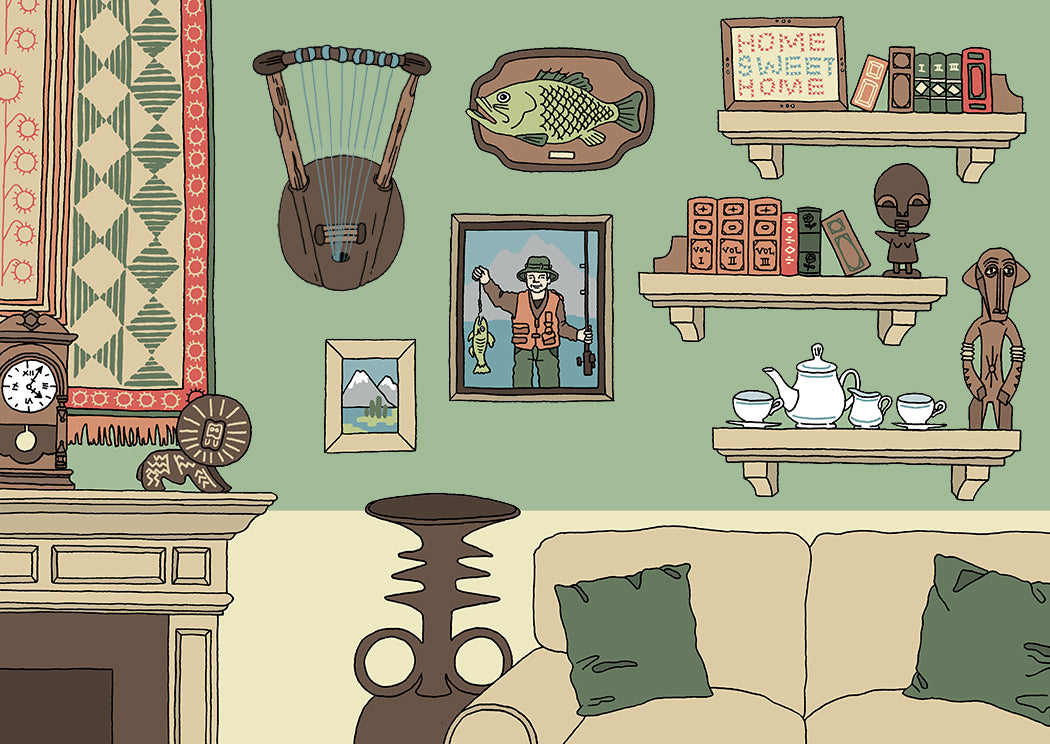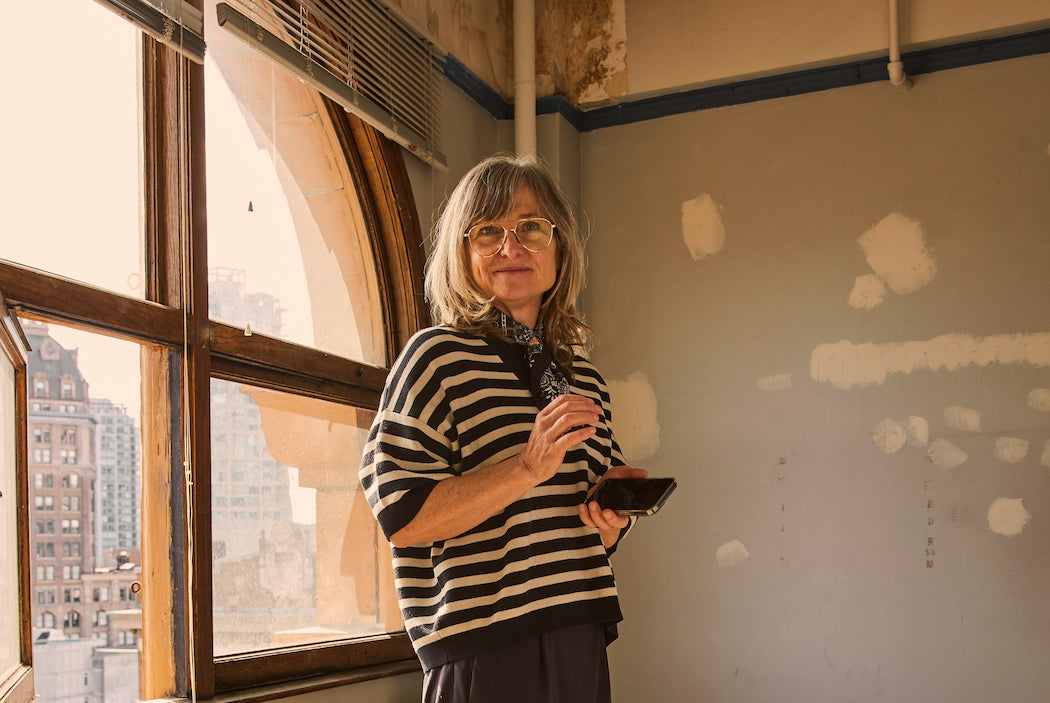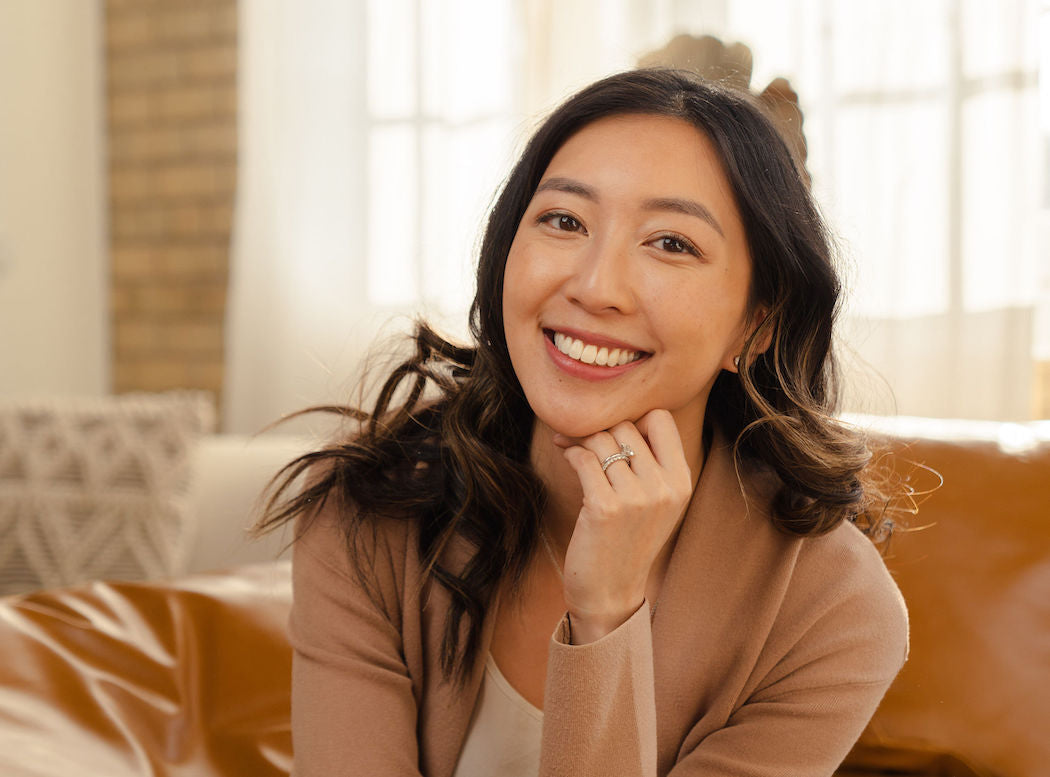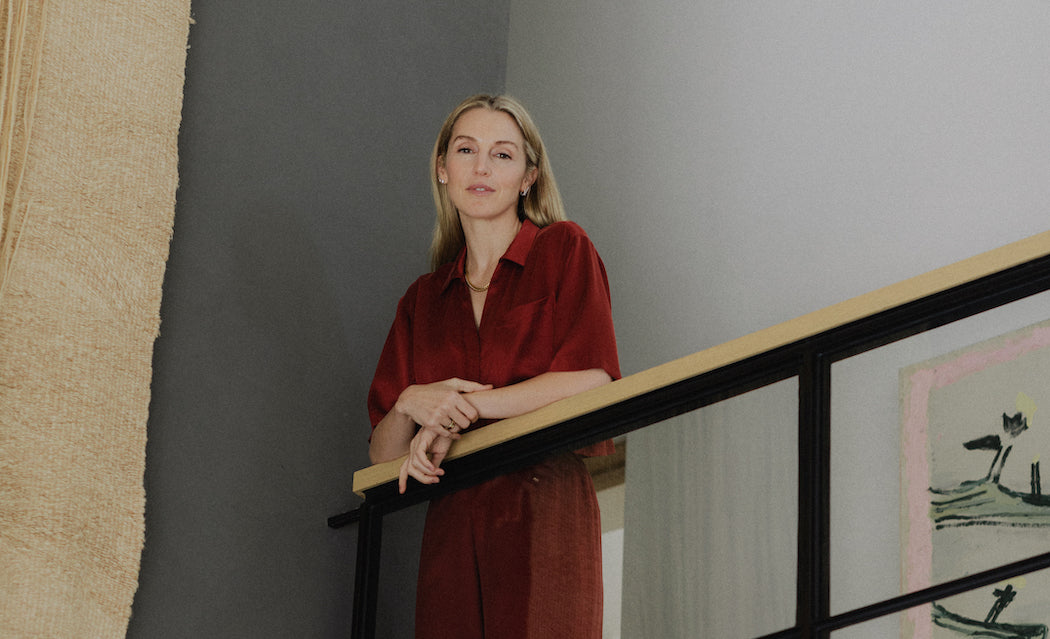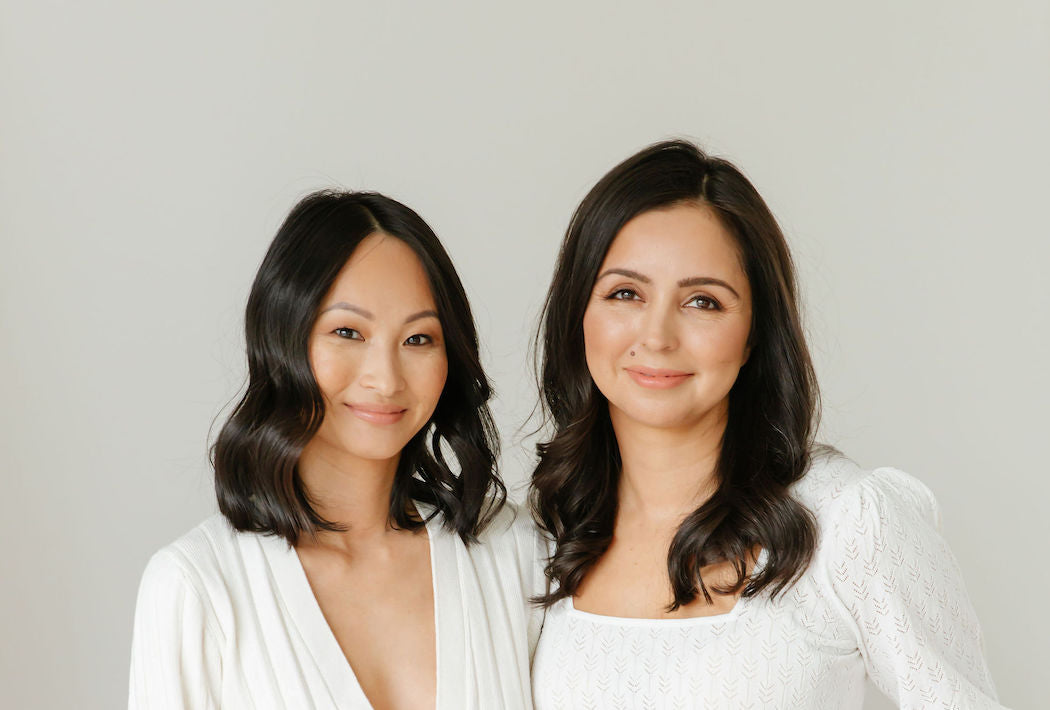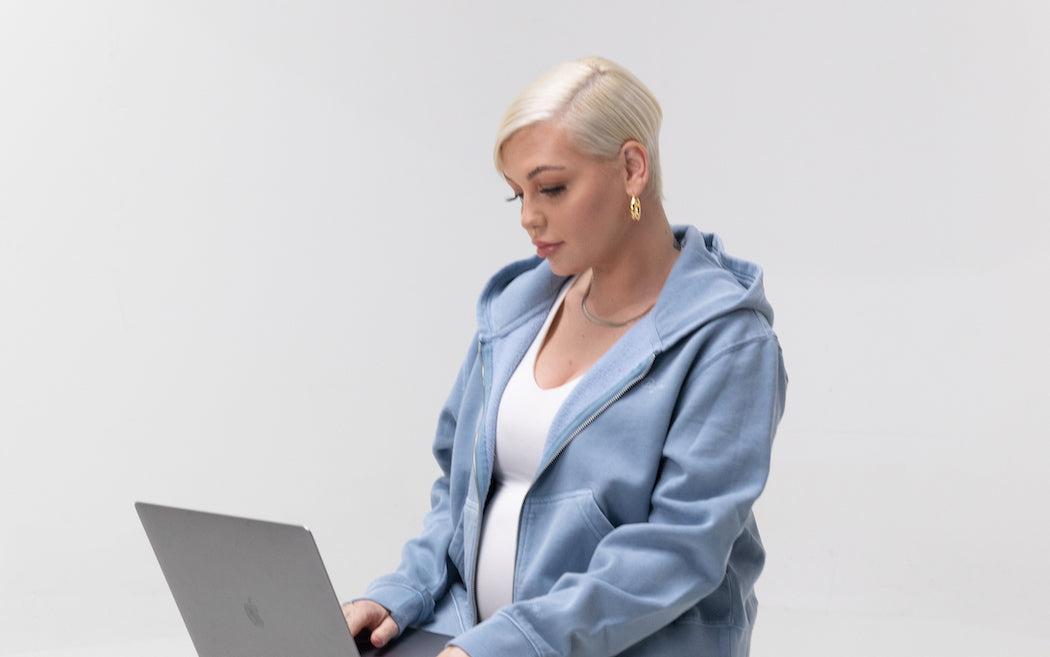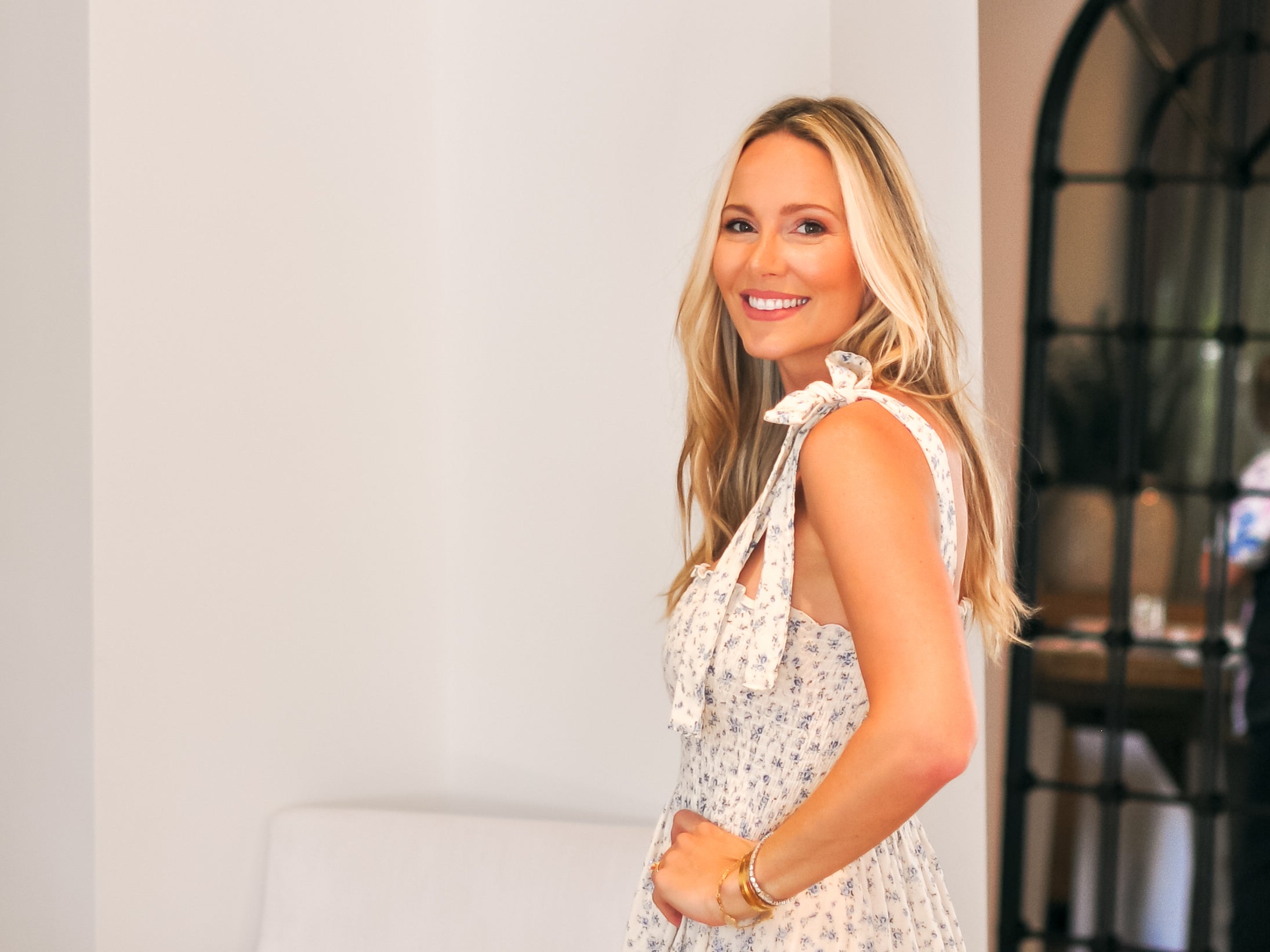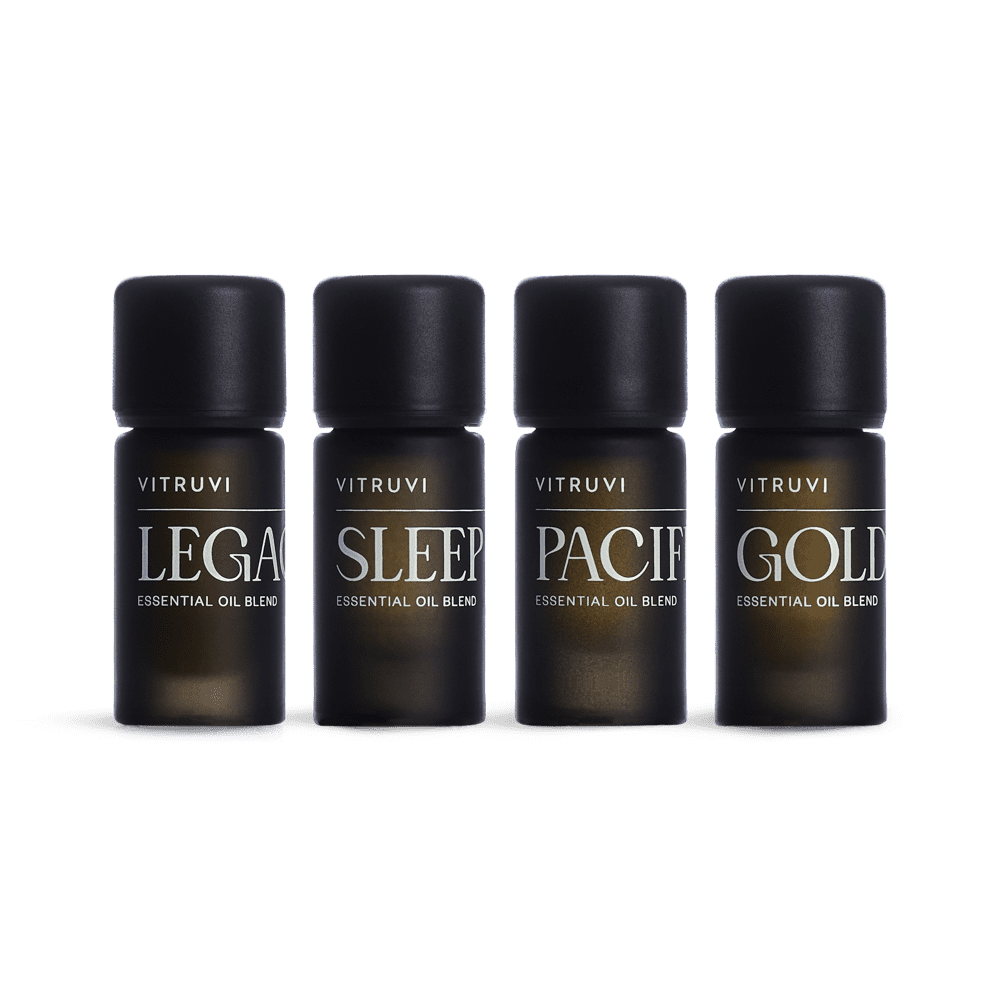A childhood friend recently posted something on her Instagram that used the term “middle child” to describe how she feels as a biracial woman. It made me stop what I was doing and think about my own experiences as a half-Black woman: from my childhood; to growing up as a teen in New Westminster, B.C.; to maneuvering it all as an adult. Being a cultural middle child has always made me feel like I have one hand dipped in my Blackness, and another in my Whiteness. I’ve never truly felt accepted by either community, but the recent attention on the Black Lives Matter movement has sparked a serious increase in camaraderie and inclusivity amongst the Black community and beyond.
My baba (the Swahili word for dad) was born in Mombasa, Kenya and came to Canada in the 1980s as a refugee. Even calling myself half-Black does not scratch the surface of my heritage; with the historically multicultural nature of coastal Kenya (which is home to 42 unique tribes), I know there are threads in me that are also Zanzibarian, Somali, and Arab, to name a few.
While much of the world sees Africa as having a monoculture—and sees Black people in North America as having a culture that coincides directly with hip-hop, gangsters, crime, misfortune, and distress—thinking of my childhood, of my baba, prompts memories of him sitting with his English tea, adjusting his glasses with every page turn; dance parties to reggae in MC Hammer pants; long nature walks to talk about life and share stories; and cookout-style beach picnics and backyard barbecues with a list of aunties and uncles as long as the English dictionary. My childhood was spent practicing traditional African dance, music, and songs; I played djembe and the balafon. I lived in a house filled with large Kenyan batik tapestries and wood carvings. But there were also photos of my mother’s family fishing in St. John’s, Newfoundland. There were shelves filled with her antique English book collection.
Today, I still find myself seeing more Black women depicted as sexual objects built for twerking, and less as people of strength, intelligence, and innovation. It’s no wonder, then, that non-Black people tell me that I am not Black enough and don’t talk Black enough, and even in some bizarre situations, claim that they are “Blacker” than me because they subscribe to the media’s depiction of Black culture more than I do (it’s worth saying that I’ve also experienced these same things, although in a much smaller fraction, by members of the Black community). However, amidst their blatant denial of my culture, many of the people who’ve criticized me for being too White have also been racist towards me. I guess this is proof that the world adheres to a very modern extension of the Jim Crow era’s one-drop policy: it only takes one drop of blood to be Black.
Though colourism has a part to play, being a light-skinned Black woman does not exempt me from systemic racism, or from the wealth and cultural barricades of having a parent who is an African refugee.
There is a distinct separation between how I’ve been told to exist as a half-Black woman, how I’ve been treated, and the varying sources of education discussing Black culture. I don’t remember learning about Black culture or racism at all in elementary school. When it came to middle and high school, our education consisted of a few quotes from civil rights leaders like Martin Luther King Jr., Malcolm X, and Nelson Mandela. I learned nothing about Canada’s racist past and our own history of slavery—nothing about Hogan’s Alley, the Black community in Vancouver that was destroyed by the city; nothing about the Black community of Africville in Nova Scotia that was cut off from basic needs like clean water and sewage systems; and nothing about how even though Canada was part of the lauded Underground Railroad, many Black immigrants continued to face oppression and segregation on our side of the border (and many of them actually returned to America following the Emancipation Proclamation).
My own family history interacts differently with the terrors of racism and Black cultural genocide. Going back four generations, my paternal great grandfather was lucky enough to be able to purchase his own name and escape from being sold into slavery. He later married his neighbour and best friend in order to save her from a life of slavery, too. My baba was able to track down her family’s slave ship, which left Zanzibar for England and then routed to New York; still, we have no idea what happened to them after that. My baba often reminds me how privileged we are that we know our roots; because of this, I grew up speaking bits and pieces of Swahili, learned how to make traditional Kenyan food, and have been able to dig back through generations to learn about my predecessors. To say it’s tough to think that there is a whole other branch of my family who don’t even know they are Kenyan and that they come from a long line of port businessmen, fisherman, and farmers that grew cashews, mangoes, coconuts, and coffee would be an understatement. The hardest part of it all is that due to a lack of records, I will most likely never be able to contact them to tell them.
As a society, we often fail to recognize the nuances and dualities embedded in Black culture. African-American is different from African-Canadian, just as a second-generation Black Canadian is different from my own experience as a first-generation Black Canadian of Kenyan descent. These titles are not needed for separation, but rather for unity—we cannot move forward as one if we are unable to be our authentic selves and acknowledge our unique experiences. Spending so much time fighting to be seen as human, we’ve crafted a culture that almost exempts us from being individuals. But it is actually our individuality that makes us human.
I see a clear effort for diversity in the media, but the stories and images rarely resonate with me. I see a movement of people begging for change, but I rarely come across actionable steps of reconciliation. There are many legislative and systemic shifts that must happen for us to move towards equity—but on a personal level, I believe that a lot can happen when you listen to and empower Black people, and when you put them in high places where they are allowed to exist authentically.
Even as an adult, I don’t understand where I fit in all of this. But if there is anything certain to me in this unprecedented time, it’s that I will continue to write about what it’s like to be a middle child.

